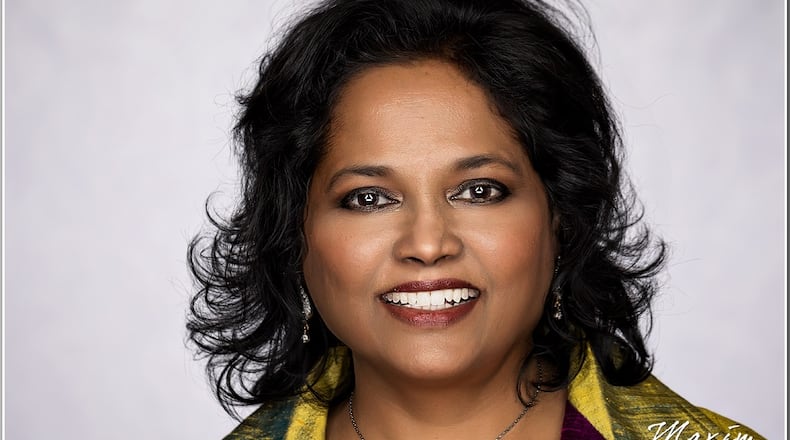One cannot cut to the end result without studying what came before.
Credit: Max Surikov
Credit: Max Surikov
Human migration began 1.75 million years ago. Native Americans were the first immigrants to settle in the U.S. around 15,000 BC. The arrival of Christopher Columbus in 1492 — in the opposite direction of his destination — brought about colonization by the Europeans in the early 1600s. In the 1700s, Africans were brought to the U.S. against their will in bondage.
The legal right of women to vote would garner strength by the 1840s and finally, in 1920, the 19th Amendment for women’s right to vote would be passed in the U.S.
Immigration policies of the U.S., an immigrant nation, were never entirely altruistic and were steeped in how it would affect the growth of the young nation. Laborers, teachers, scientists, engineers, doctors, artists, sportsmen and many other immigrants, alongside slaves, fueled the rapid growth and industrialization of these United States. Our prosperity is the result of work done by the immigrants before us.
Immigration is not a bad word.
The world has seen powerful women become leaders throughout history. Since 1960, women like Sirimavo Bandaranaike, Indira Gandhi, Golda Meir, Margaret Thatcher, Vigdis Finnbogadottir, Angela Merkel and Ellen Sirleaf were elected to the most powerful positions in underdeveloped and developed nations alike.
Here in the U.S., Geraldine Ferraro, Sarah Palin and Hillary Clinton came close to serving in the highest offices, but Kamala Harris is the first woman who has the honor of being named vice president-elect in 2020, that marks the centennial celebration of the voting rights for women in the U.S. It’s about time.
The first recorded Indian would set foot in Boston from the state of Tamilnadu in 1798 and 208 years later, Shyamala Gopalan from Tamilnadu would gain entry to UC Berkeley and meet a Jamaican student of economics, fall in love, marry and have two children — Kamala and Maya.
By seven years of age, Kamala Harris would be raised in California by a single mother with Christian, Hindu, Black and South Asian values, cultures and experiences.
It could not have been a more global, eclectic and average background, which is as American as it gets. It is a celebration of the diversity of our cultures and ethnicities.
It is a lesson in tolerance, perseverance, integrity, grit and inclusion. Therefore, the election of Kamala Harris to the second highest position in the U.S. is a matter of great pride and hope as she strides onto the world stage in suffrage white and stilettos.
It is time for every citizen to reflect on what this means to us, regardless of gender, race, color or creed — that our country is one where every girl or boy can dream big and contribute to the growth of the nation, founded on the principle “that all men are created equal, that they are endowed by their creator with certain unalienable rights, that among these are life, liberty and the pursuit of happiness.”
Hyacinth Paul is a retired scientist and professor, volunteer and entrepreneur, who is currently a full-time artist. She showcases her work at Front Street gallery and has a significant online presence. Guest columns are submitted or requested fact-based opinion pieces typically of 300 to 450 words.
About the Author

